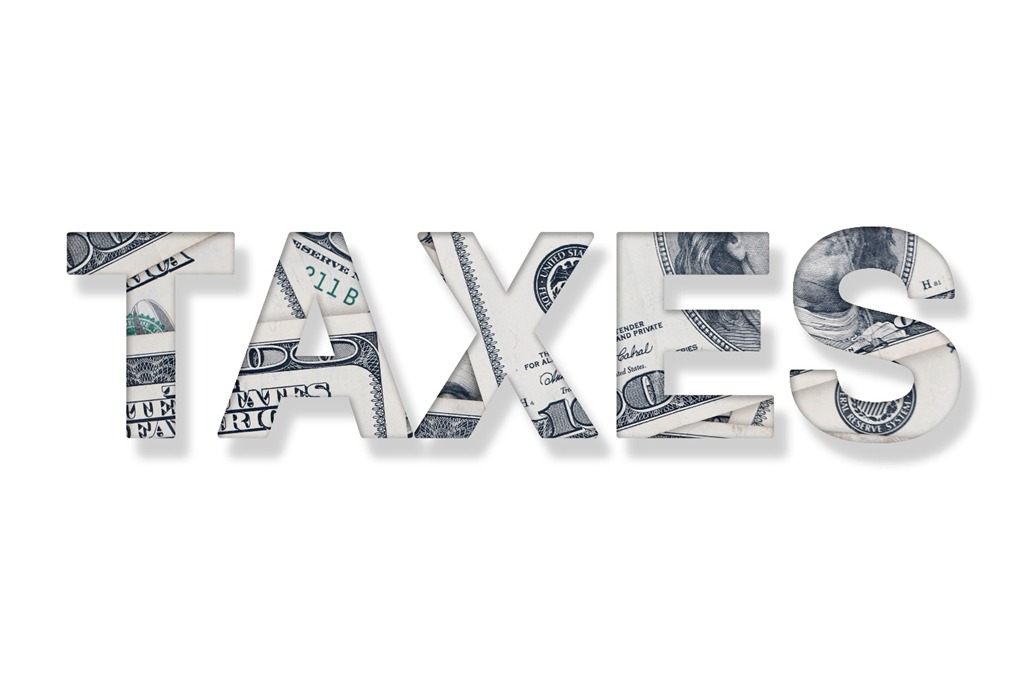
How to Tackle Accrued Interest Expenses on Shareholder Loans: A Fun Guide to Form 1120 Deductions
Question: Hey tax whiz, I need a little help here! My corporation has some accrued interest expenses on a loan from a shareholder, and I’m wondering if we can deduct it. We’re talking about Form 1120, and just to clarify, we haven’t actually paid the interest to the shareholder yet. What’s the deal?
Answer: No worries, let’s tackle this tax conundrum together! When your corporation has accrued interest expenses on a loan from a related party (like a shareholder), we need to consult the Tax Rulebook—aka Section 267(a)(2) of the Internal Revenue Code. This section is a bit like a picky in-law when it comes to deducting certain expenses paid to related parties.
Here’s the scoop on Section 267(a)(2): your corporation can only deduct the accrued interest expense in the tax year when the shareholder includes the interest income in their own taxable income. Essentially, this rule wants your corporation and the shareholder to be on the same accounting page (i.e., cash basis) for this specific transaction.
So, in your case, you should only deduct the accrued interest expense on Form 1120 when the shareholder actually receives the interest payment and reports it as taxable income. To keep the tax gods appeased, make sure you have proper documentation of the loan agreement and the interest payments made to the shareholder.
Remember, when it comes to accrued interest expenses on shareholder loans, play by the rules of Section 267(a)(2) to make sure you’re treating the deduction correctly on Form 1120. Happy tax filing, and may the tax force be with you!
***Disclaimer: This communication is not intended as tax advice, and no tax accountant -client relationship results**
